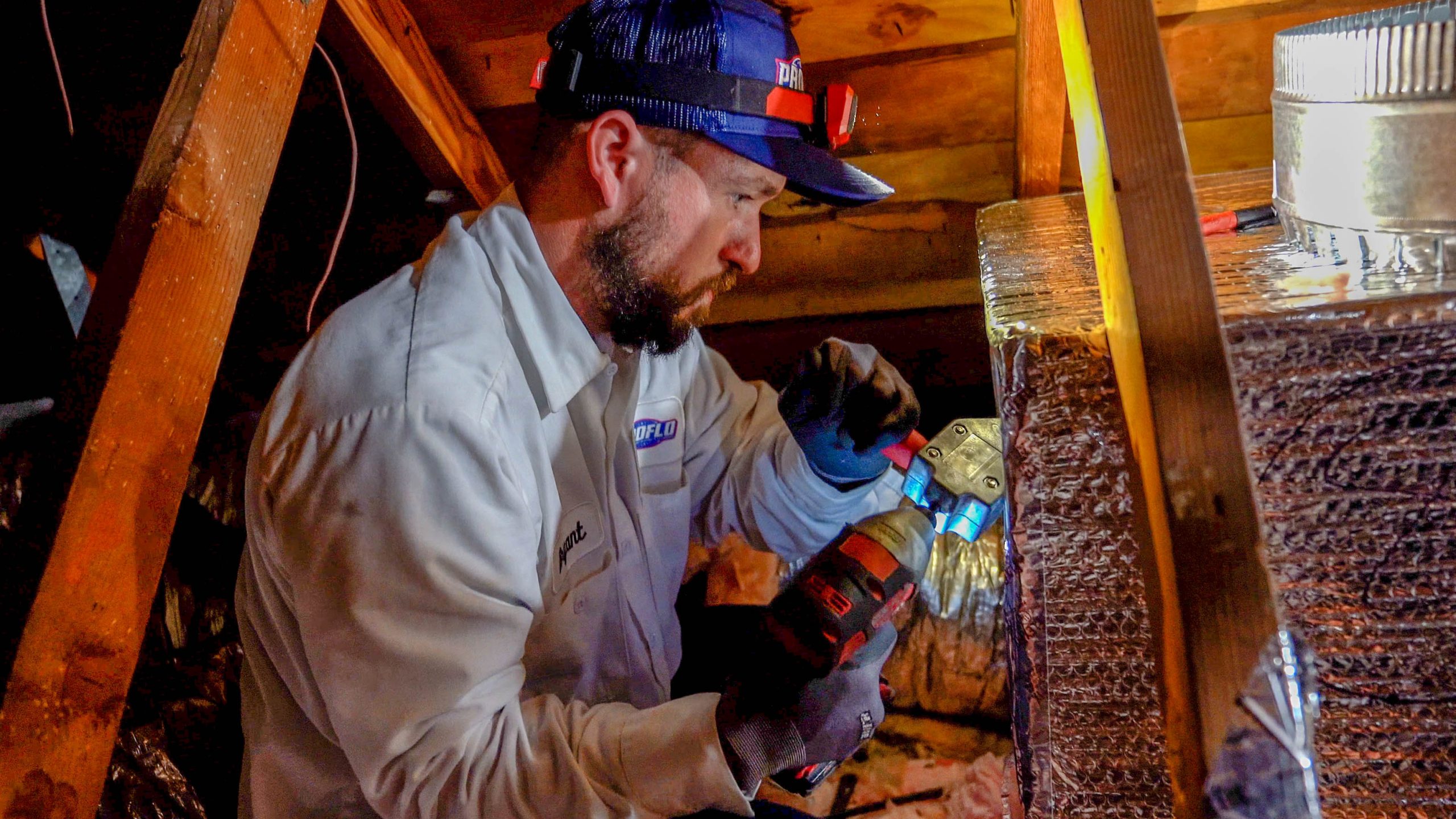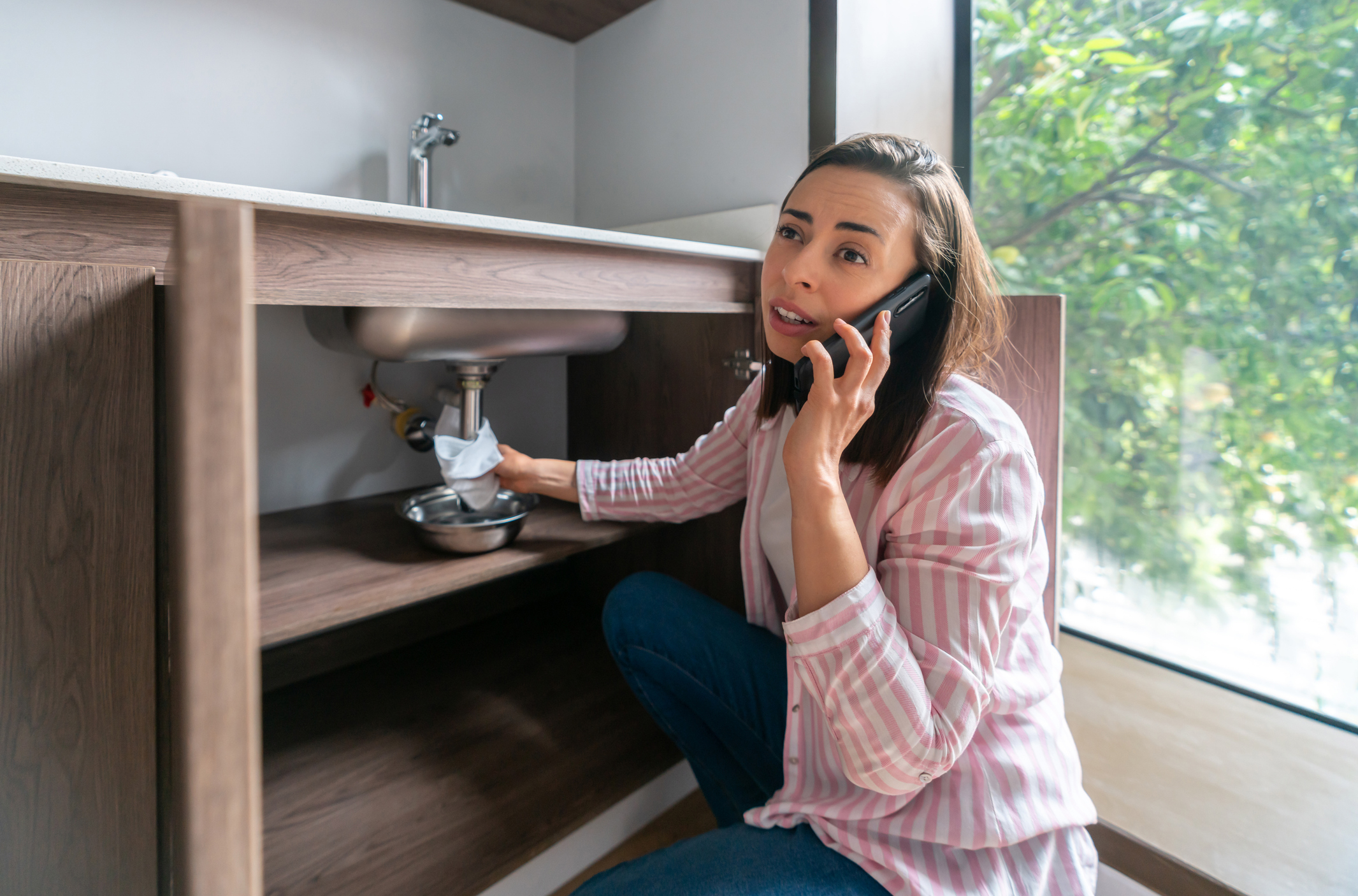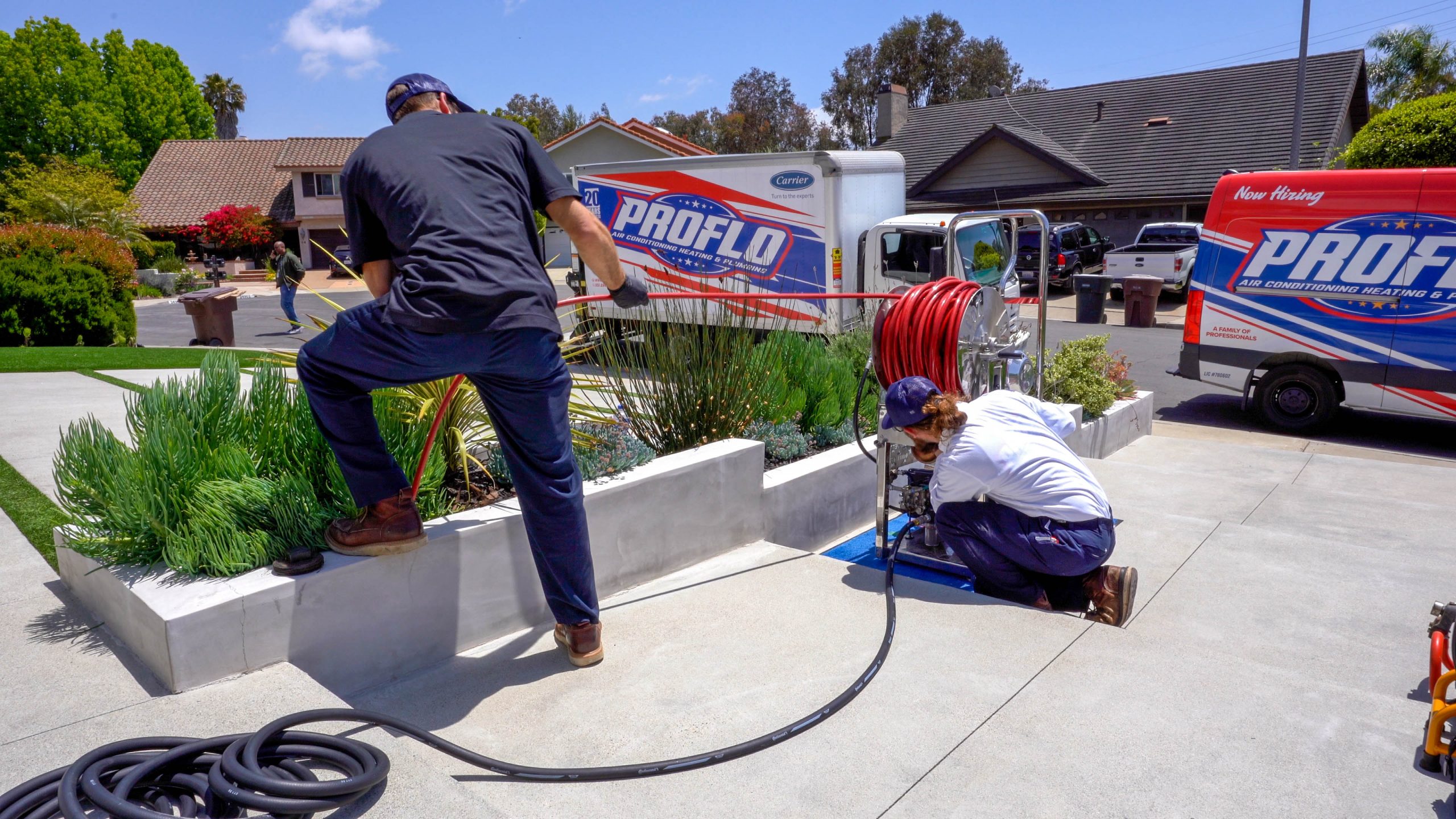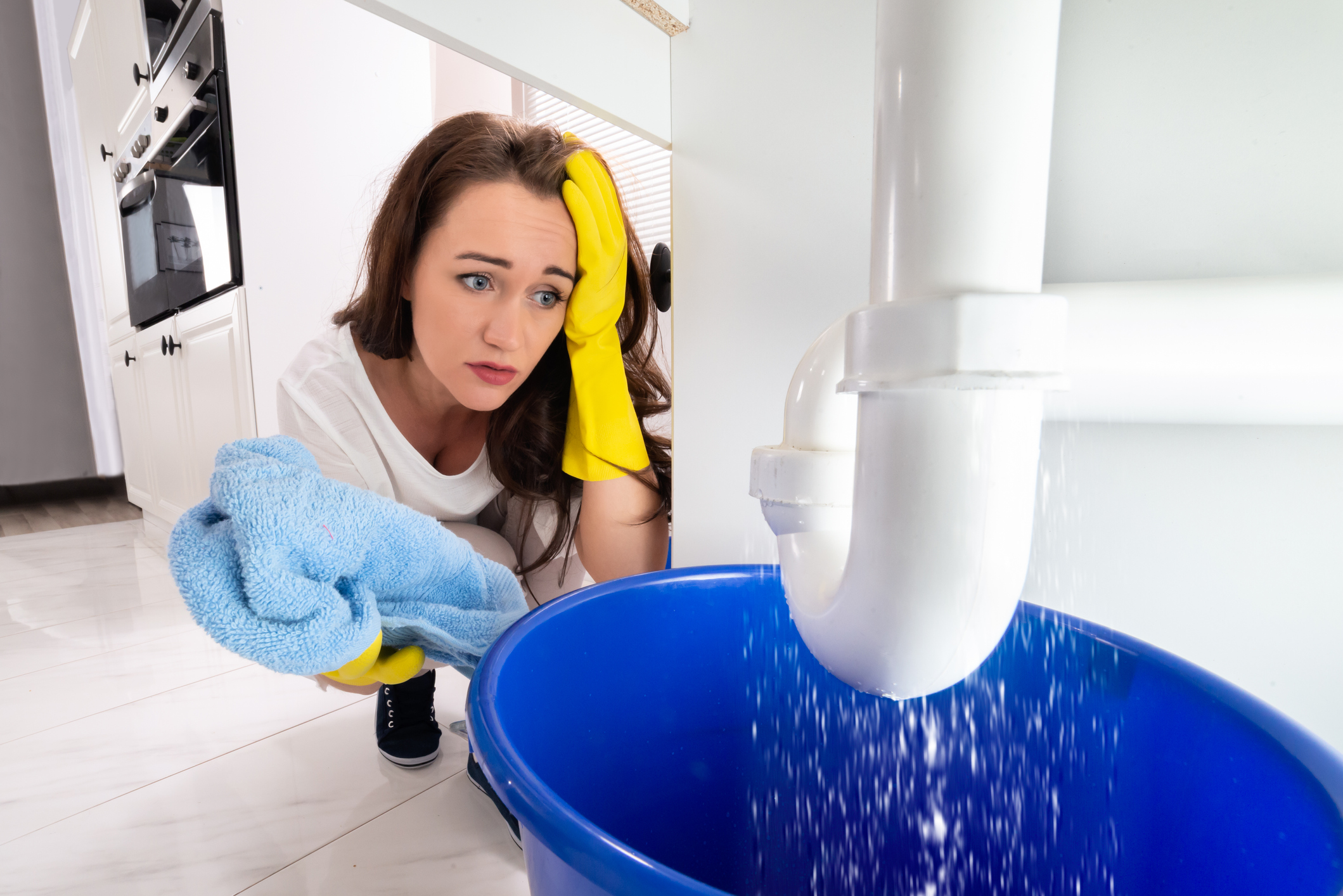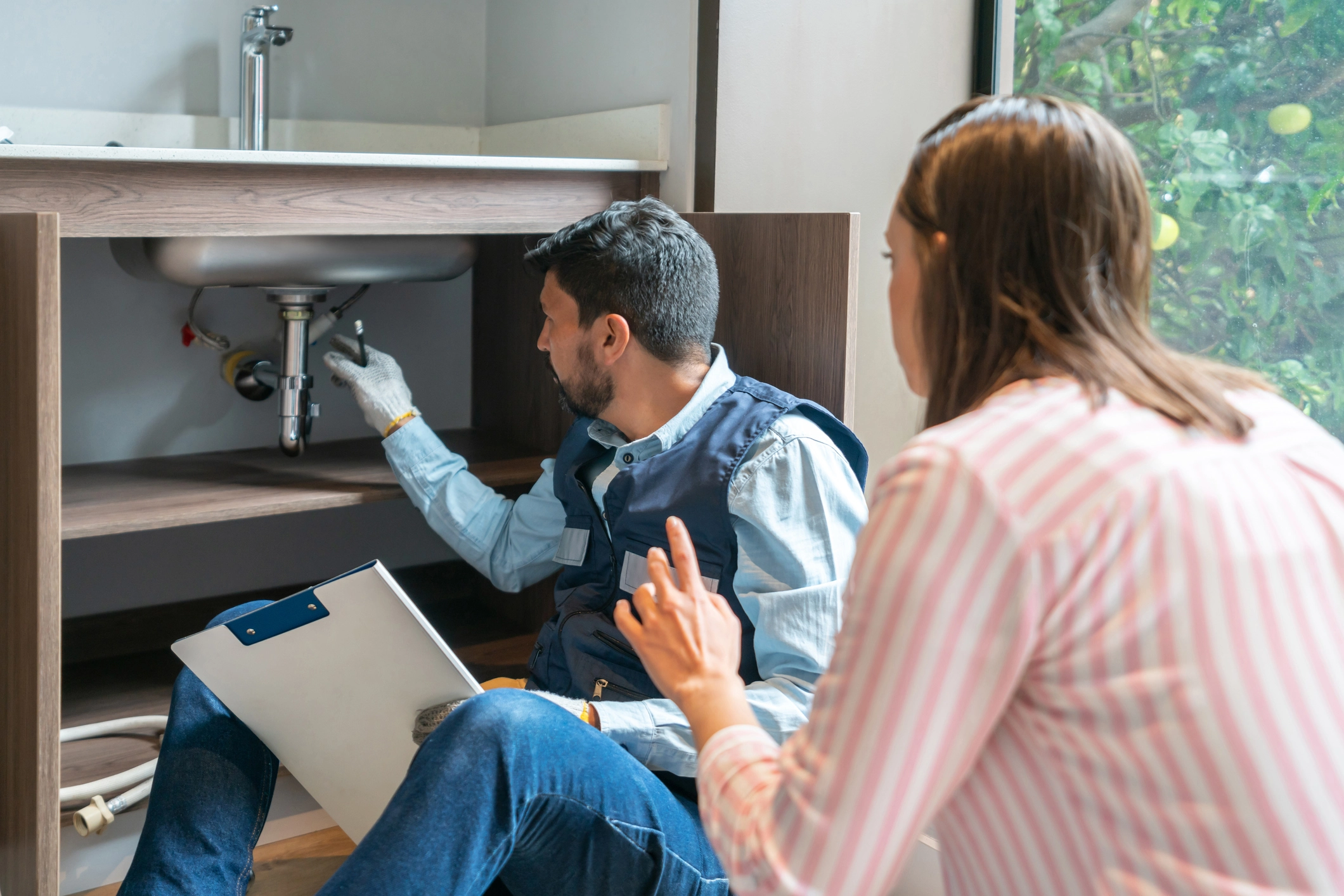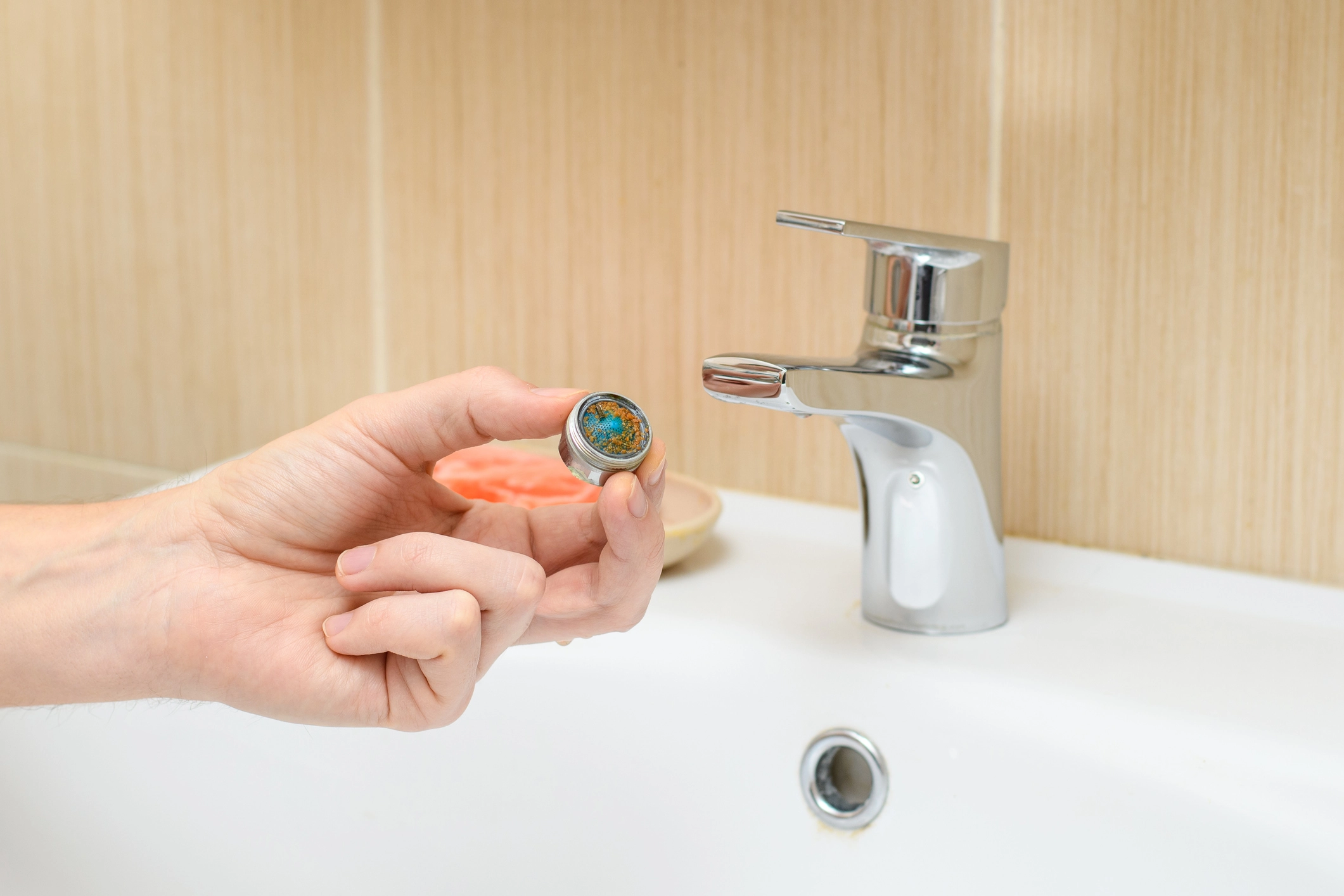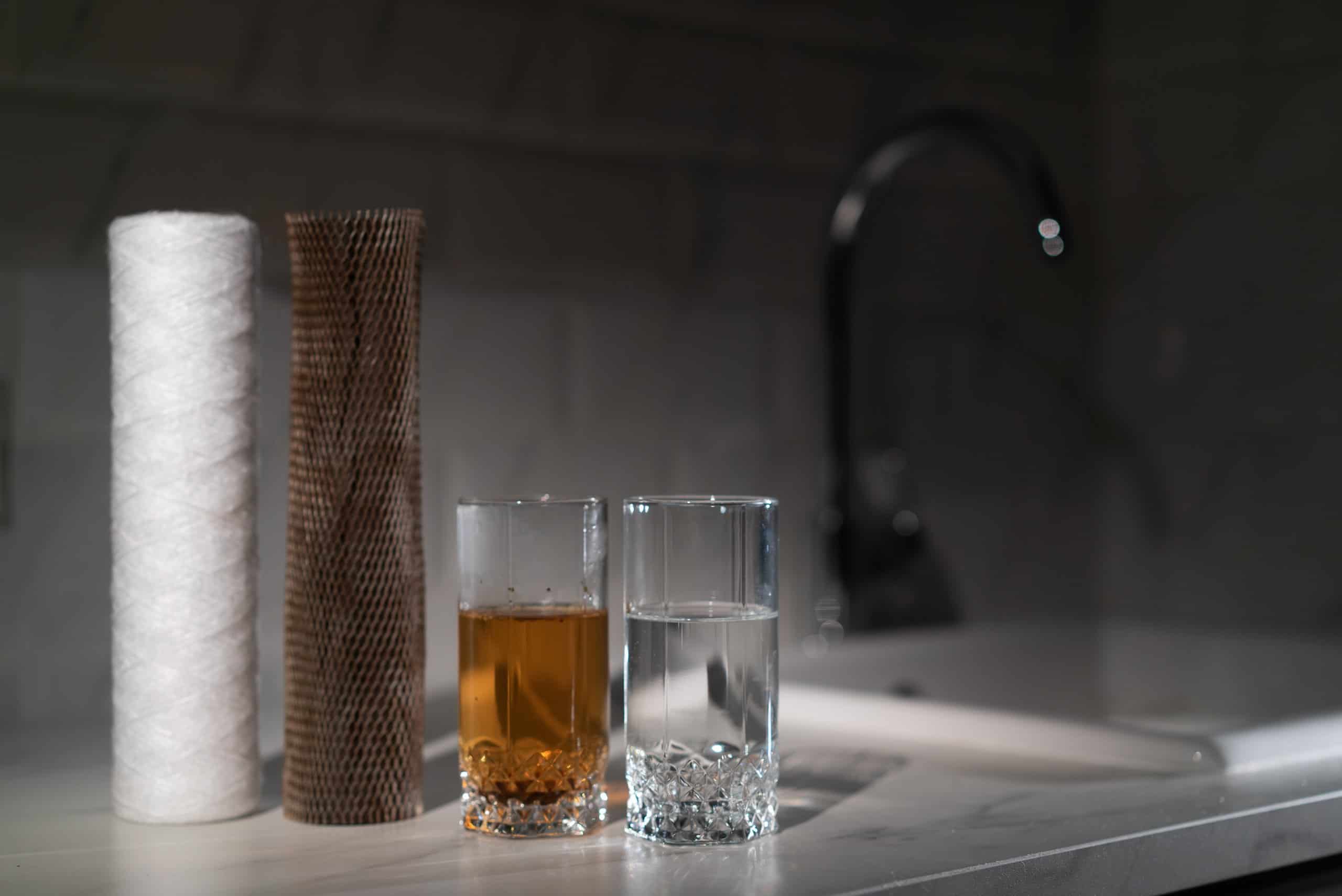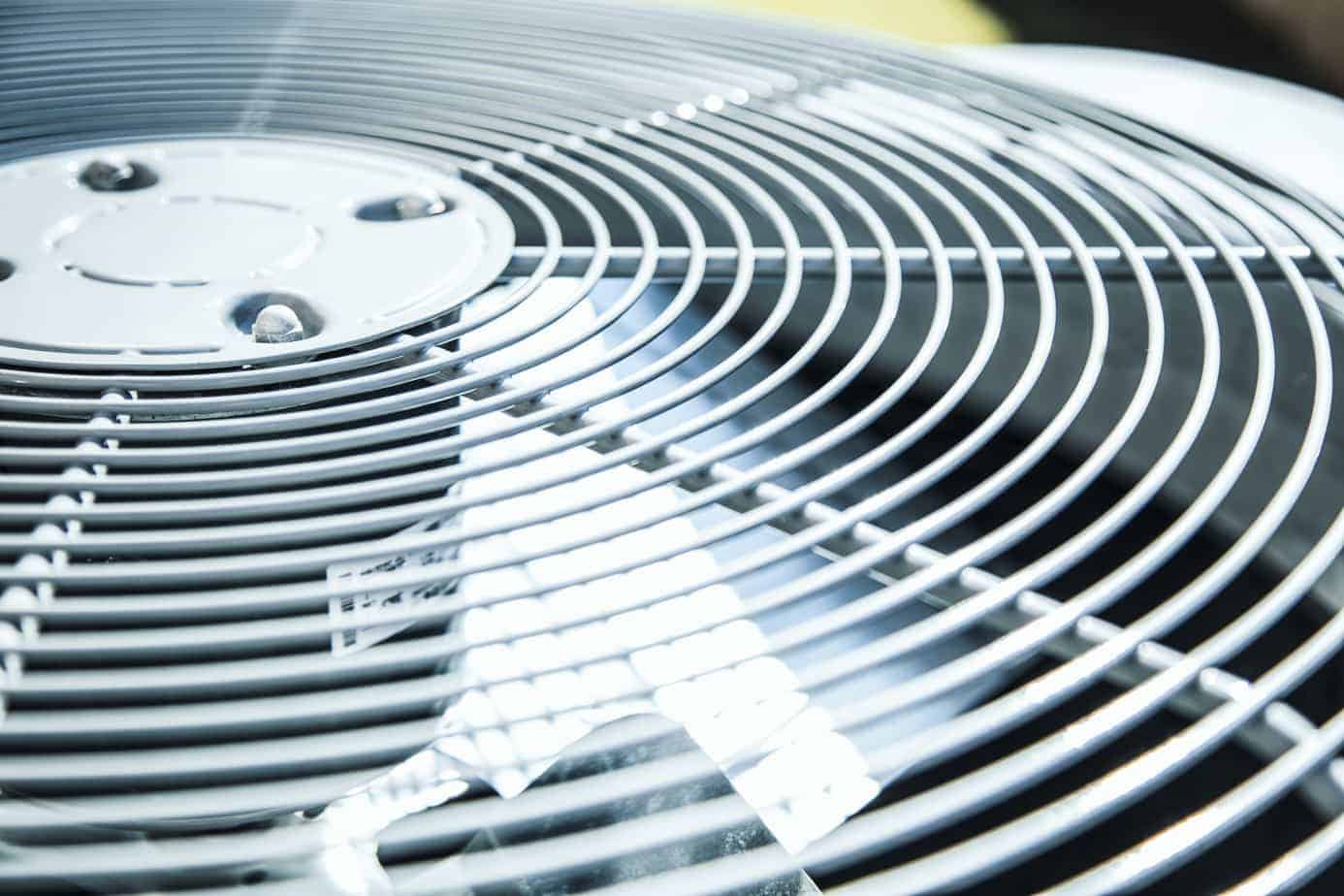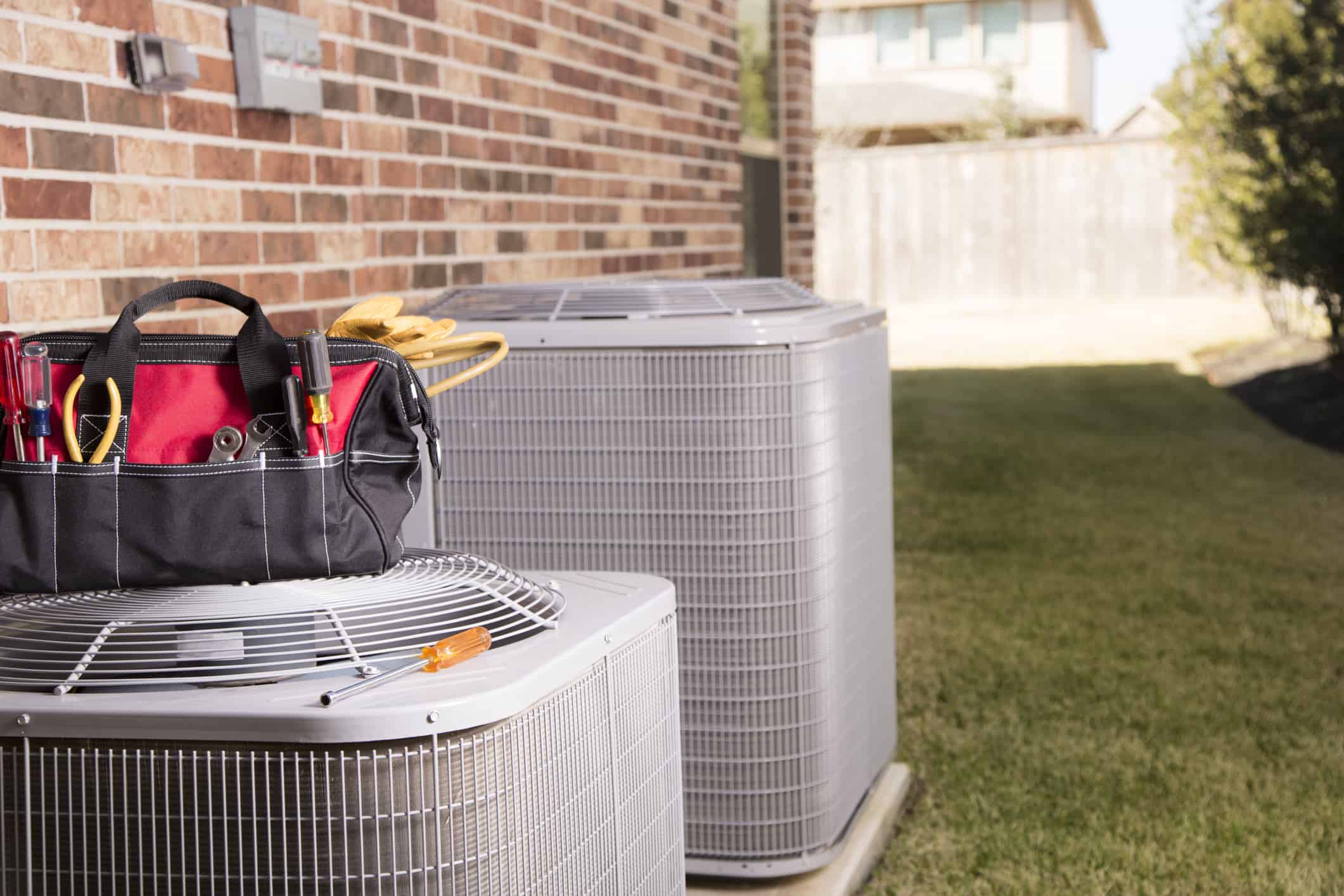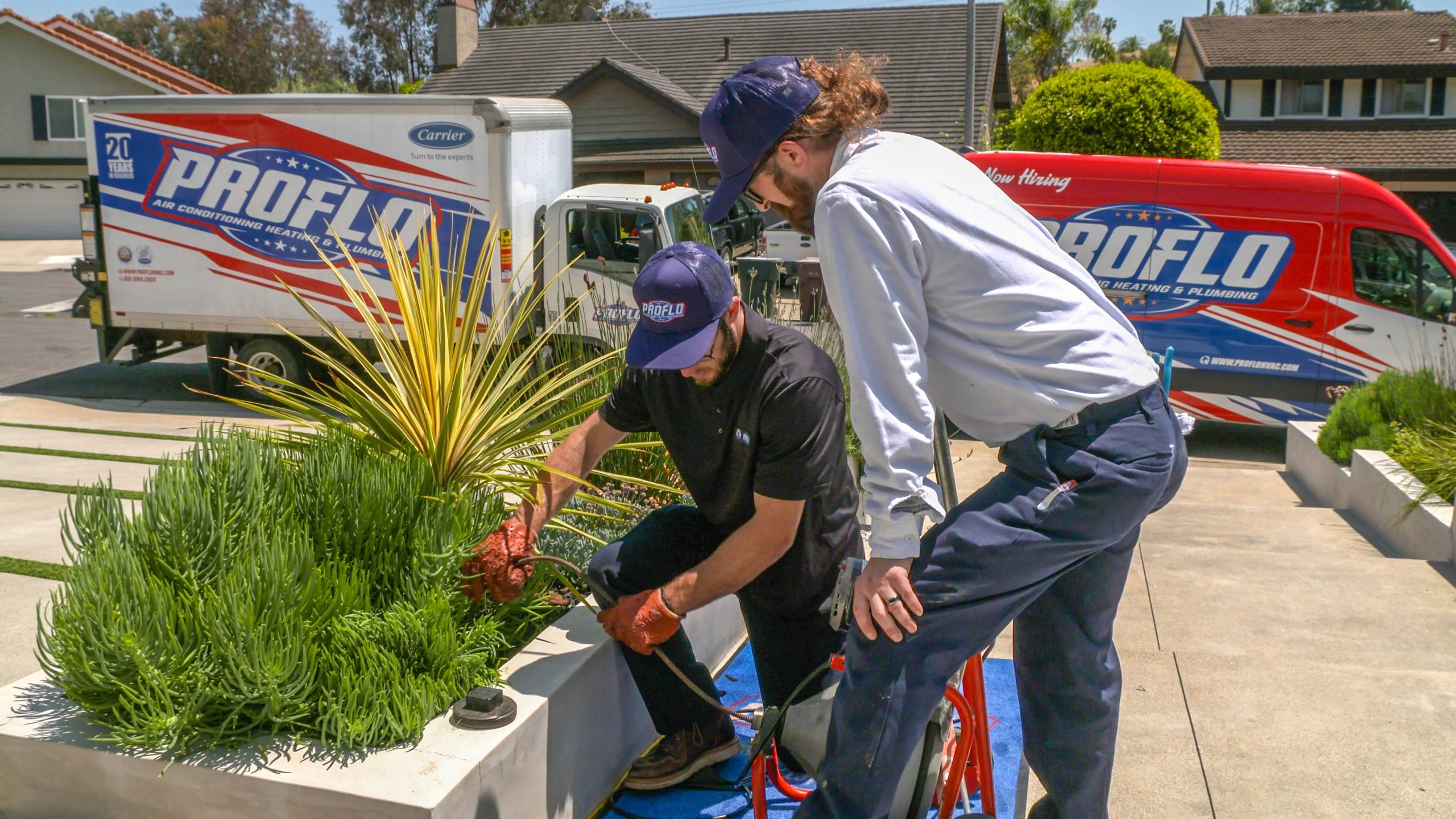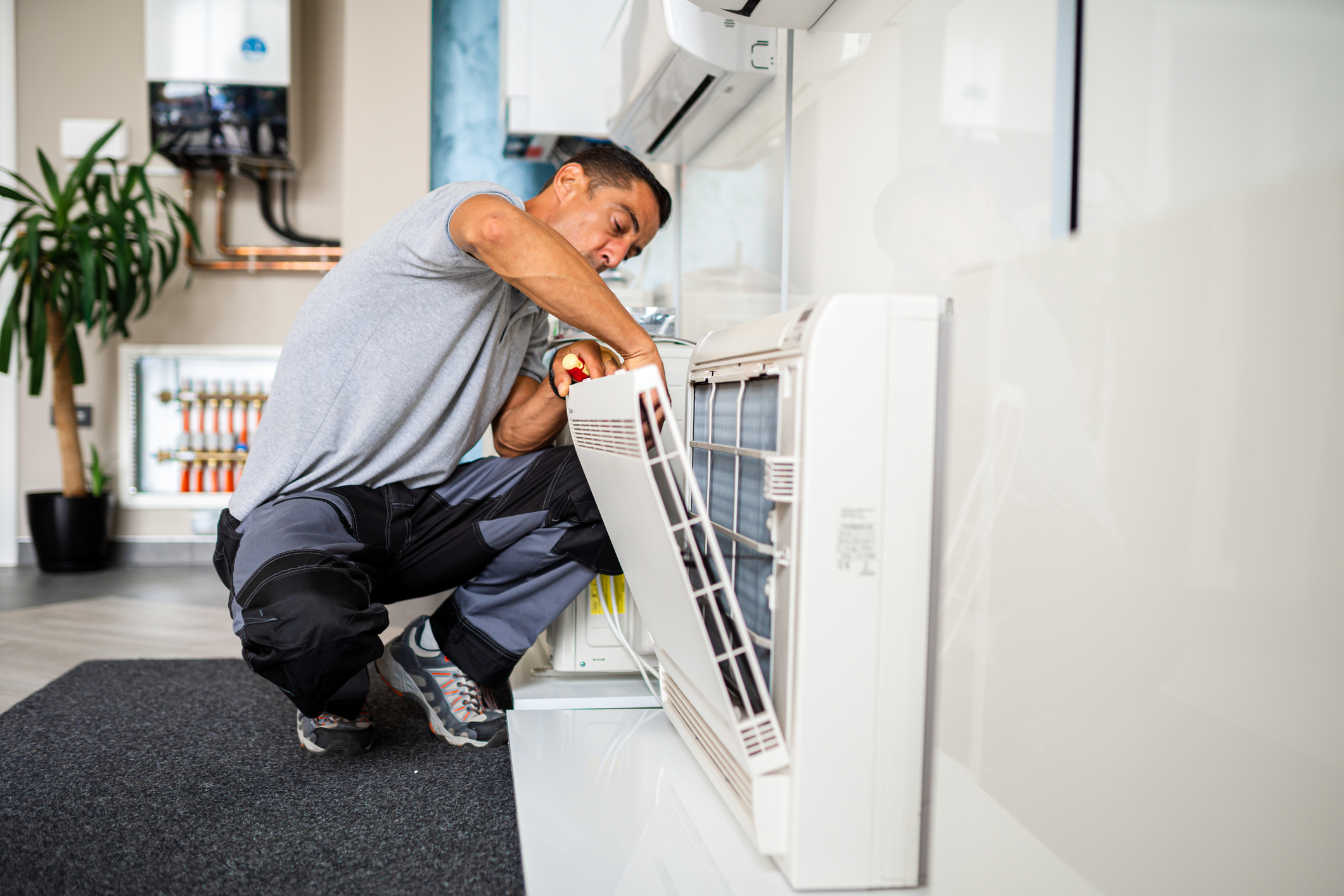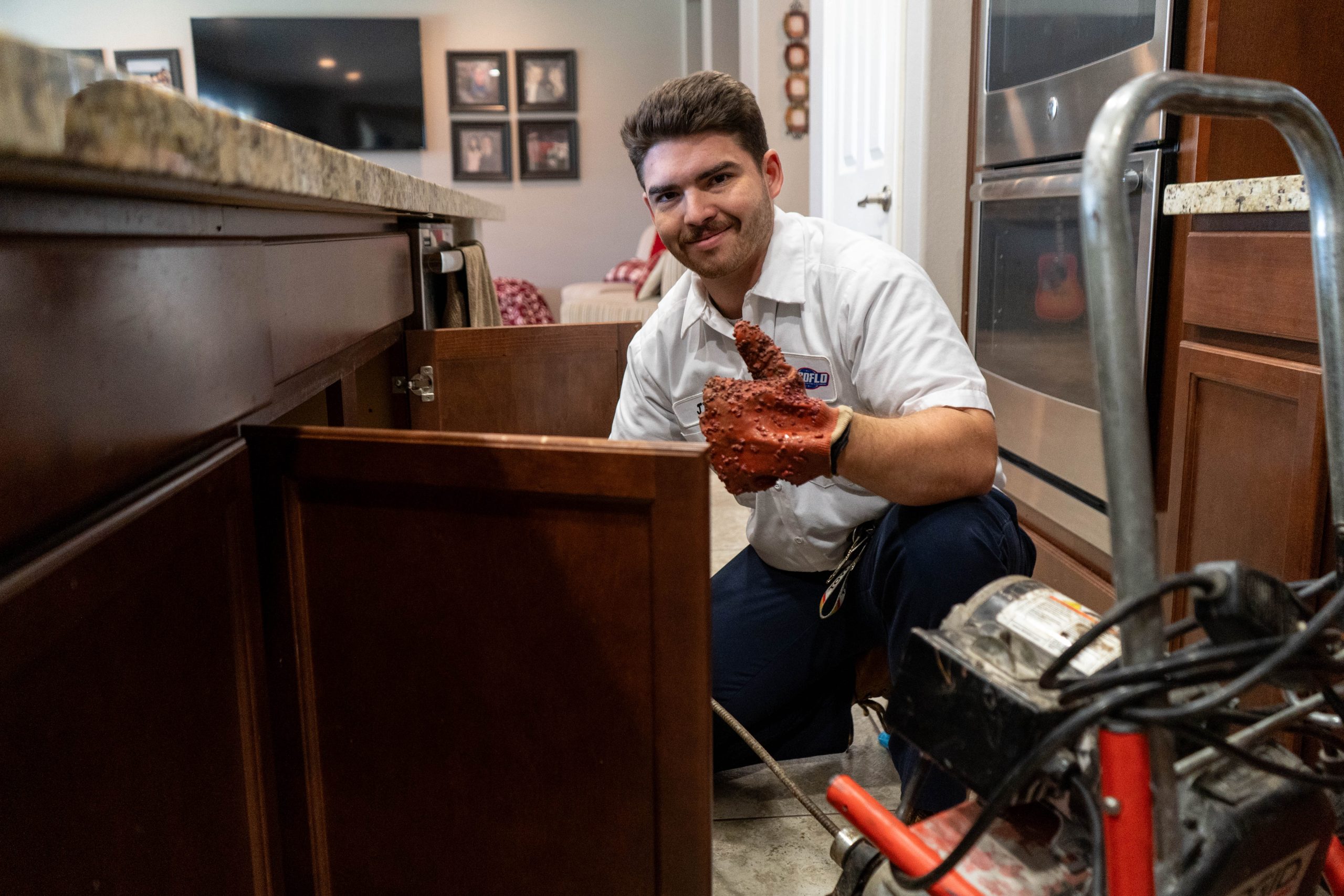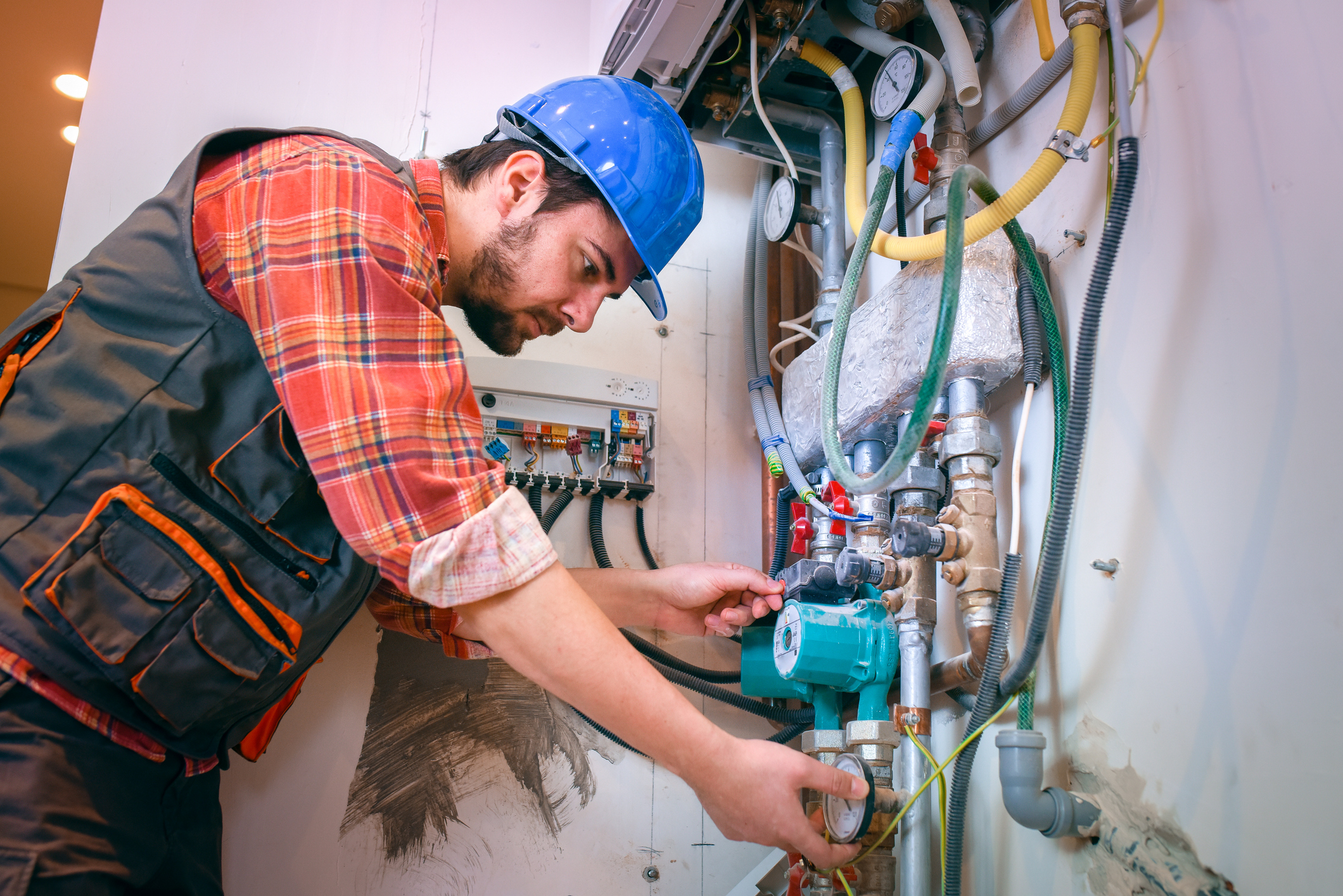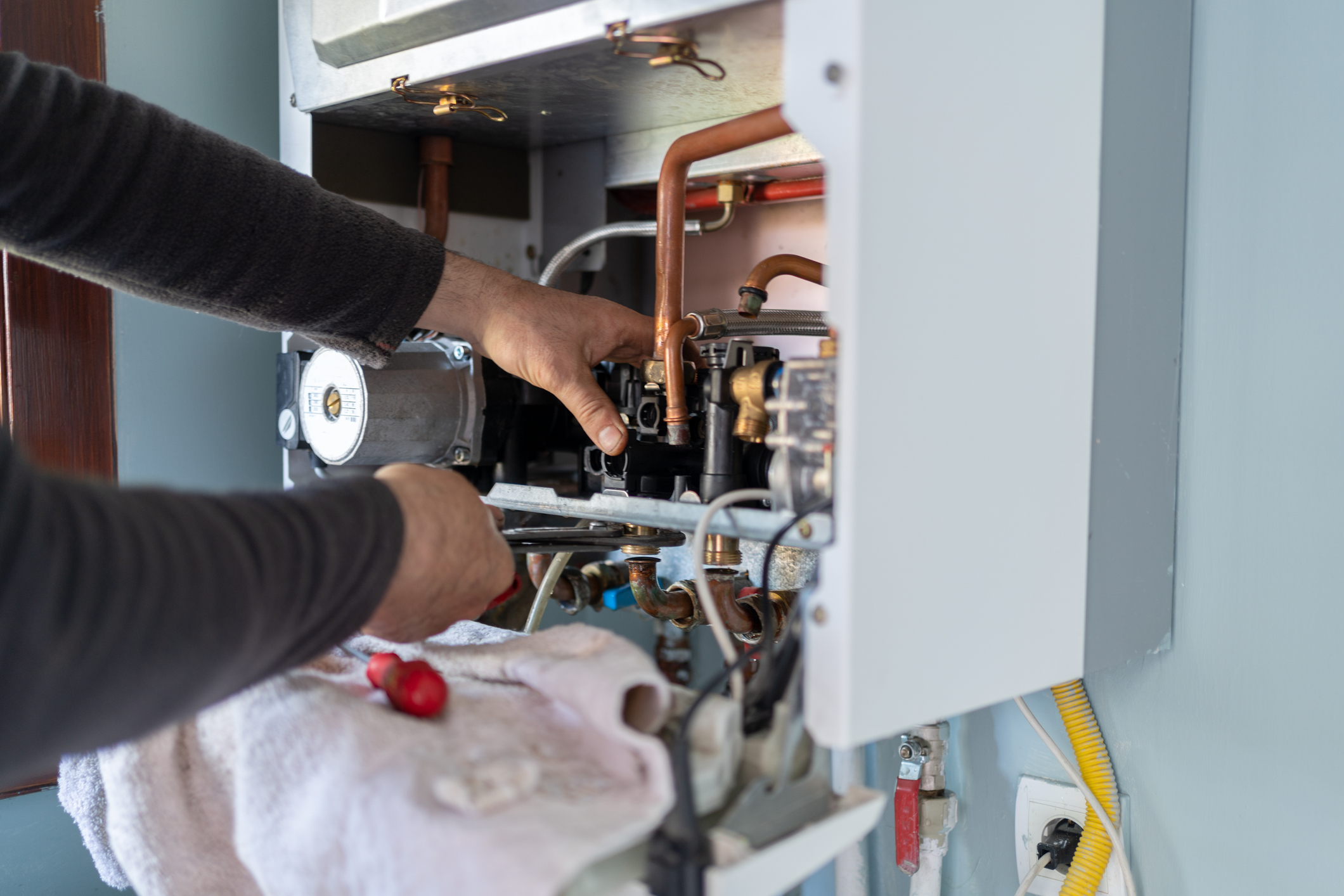How Water Quality Affects Your Plumbing
January 16, 2020
For Inland Empire residents, the phrase “water quality” typically brings to mind images of either pure, crystal clear water or a brown, muddy mess. In terms of plumbing, however, water quality does not affect the state of your pipes all that much. Water laced with cholera-causing bacteria will make you horribly sick for instance, but it won’t damage your plumbing, for whatever small consolation that is. For the safety and proper functioning of your water pipes and appliances dependent on them, however, there is one factor of water quality that can make a massive difference: water hardness.
Hard water won’t make you sick, but it can seriously damage your home’s plumbing system if it is not identified and appropriately treated. Hard water is characterized by high levels of mineral content within the water, typically calcium and magnesium. These minerals are left behind in deposits within your plumbing as water travels through it. As these deposits build up, they reduce the amount of water able to flow through that particular spot, effectively making the interior of the pipe more narrow than it should be. Constricting the flow of water through pipes increases their internal pressure, which can eventually lead to your pipes cracking, leaking, and even bursting if you aren’t careful. It can also lead to ugly buildup on fixtures like faucets, showerheads, and more.
Your water heater faces the biggest threat from hard water, however. Hot water leaves minerals behind more frequently than cold water, which causes deposits to build up even more quickly in your heater. If your water heater fails due to mineral buildup, you could be looking at a painfully expensive bill to repair or replace it.
Hard water is defined as containing more than one grain of minerals per gallon of water. That may not sound like much, but remember that the average California resident uses about 85 gallons of water every day! As a responsible homeowner, you need to be vigilant against damage caused by hard water. Investing in a leak detection system as well as a filtration system for your house can be an excellent idea.
A whole-house filtration system is perhaps the best way to counter hard water and prevent mineral deposits from forming. Filtration systems function off of the chemical principle of ion exchange; when water flows through the system, it enters a mineral tank that contains a bed of beads made from polystyrene plastic and is charged with sodium ions. These beads are anions, meaning that they have a negative electrical charge. Calcium and magnesium minerals have a positive charge, making them cations. Since opposite electrical charges attract, the beads and minerals are drawn to one another. This means that as the water passes through, the beads grab the mineral ions and remove them from the water, softening it and preventing scale buildups in your pipes and on your appliances.
If you live in the Inland Empire, ProFlo can take care of all your plumbing needs. From faucet leaks to pipe repairs, to installing a whole-house water filtration system, we provide plumbing repair services that are courteous, professional, and reasonably priced. If you’d like to receive a free quote for professional plumbing services, call us at (951) 404-5227. We also offer a 24/7 emergency service that ensures we’ll always be there when you need us.
















